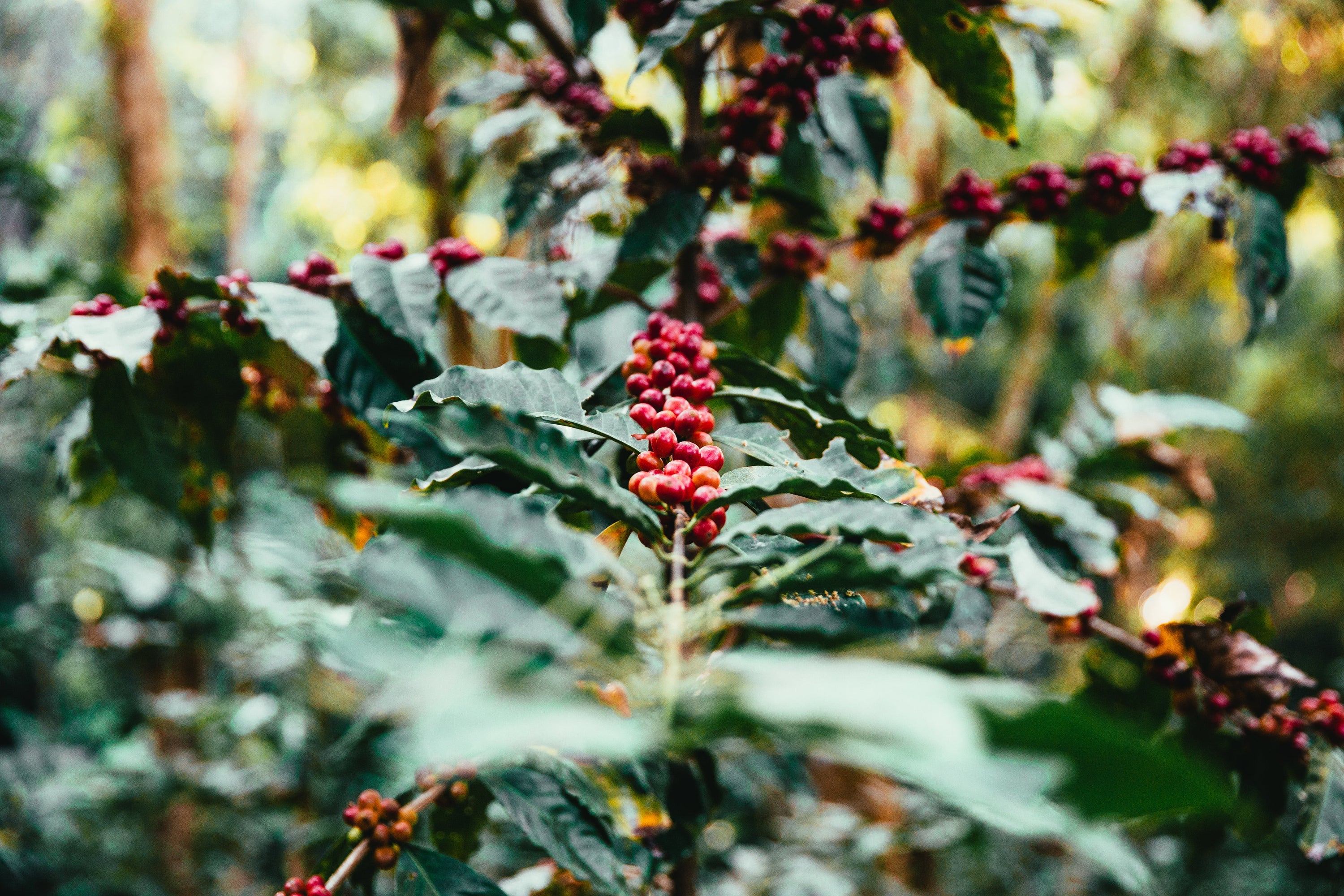
Exploring Kenyan Coffee - The Jewel of African Specialty Coffee
Kenya stands as a beacon of excellence in the global coffee industry, producing some of the finest specialty coffee the world has ever known. With its unique climate, fertile soils, and meticulous processing methods, Kenyan coffee boasts a distinctive flavour profile that is both bold and complex. In this blog, we’ll explore the origins, cultural significance, production methods, and the role Kenyan coffee plays in the global market.
A History Rooted in Excellence
The story of Kenyan coffee began in the late 19th century when coffee plants were introduced by missionaries from French Reunion Island (now Réunion). Despite its relatively late start compared to neighbouring Ethiopia, Kenya quickly established itself as a powerhouse in coffee production.
- Colonial Influence: During British colonial rule (1895–1963), coffee became a key cash crop alongside tea. By 1920, tea and coffee collectively accounted for more than 40% of Kenya's agricultural exports. Estates were established with railroads and processing facilities to support exportation.
- Post-Independence Growth: After independence in 1963, over 700,000 smallholder farmers gained access to land through cooperative systems. These smallholders, typically owning less than 5 acres each, now produce over 70% of Kenya’s coffee.
The Distinctive Flavor of Kenyan Coffee
Kenyan coffee is renowned for its unique flavor characteristics, making it a favorite among specialty coffee enthusiasts.
- Flavour Notes: Kenyan coffee often exhibits bright acidity, wine-like undertones, berry flavours, and dominant citrusy notes. Some tasters describe tomato-like flavours, but citrus remains the official hallmark.
- Varietals: Key Arabica varietals include SL28 and SL34, both known for their drought resistance and exceptional cup quality, and Ruiru 11, which is resistant to coffee leaf rust and coffee berry disease.
- Altitudes and Regions: Coffee is primarily grown at altitudes between 1,500 and 2,100 meters above sea level in regions such as Nyeri, Kiambu, and Kirinyaga, nestled near Mount Kenya and the Aberdare Ranges.
The Role of Cooperatives in Kenyan Coffee
Unlike many other coffee-producing nations, Kenya’s coffee sector is largely organized through cooperatives.
- Structure: Smallholder farmers, who contribute 70% of Kenya’s annual 51,000 metric tons of coffee, are organized into 500+ cooperatives. In Ethiopia, the figure exceeds 400,000 metric tons annually.
- Quality Focus: Approximately 95% of Kenyan coffee is handpicked, ensuring only the ripest cherries are selected. Cooperatives often utilize digital platforms to streamline marketing and sales processes.
Processing Methods and the Kenya Coffee Grading System
Kenyan coffee undergoes a rigorous wet-processing method, enhancing its vibrant acidity and clean profile.
-
The Grading System:
- AA: The largest beans, considered the best quality.
- AB: Slightly smaller beans, still highly regarded.
- PB (Peaberry): Unique single-seed beans with concentrated flavor.
- Meticulous Sorting: Beans are sorted by size, density, and quality, ensuring consistent excellence.
Economic and Cultural Impact
Coffee is a vital economic driver in Kenya, supporting over 6 million livelihoods.
- Export Revenue: Coffee contributes around $200 million annually to Kenya’s GDP, representing 3% of the country's export earnings. However, this figure has declined due to competition and climate challenges.
- Cultural Significance: While 90% of Kenyan coffee is exported, domestic consumption is rising, especially in Nairobi, with local cafes promoting Kenyan brews.
Challenges Facing Kenyan Coffee
Despite its celebrated reputation, the Kenyan coffee industry faces numerous challenges.
- Climate Change: Erratic rainfall and rising temperatures reduce yields and quality. Farmers are increasingly planting shade trees and experimenting with drought-resistant varietals.
- Price Fluctuations: Global market volatility and middlemen often squeeze farmer profits, reducing incentives for quality production.
- Aging Farmers and Farms: The average Kenyan coffee farmer is 60 years old. Younger generations often migrate to cities due to limited income potential, leaving farms under-resourced.
Kenya’s Position in the Specialty Coffee Market
Kenya’s dedication to quality solidifies its position as a staple in the specialty coffee world.
- Global Demand: The U.S. (30%), Europe (40%), and Asia (20%) are Kenya's largest markets, importing tens of thousands of tons annually.
- Auctions: The Nairobi Coffee Exchange hosts weekly auctions where buyers from Japan, Germany, and the U.S. bid for premium lots, ensuring transparency and competitive pricing.
How Kenyan Coffee Aligns with ESG Goals
Kenya’s coffee industry is making strides toward sustainability and equity.
- Environmental Practices: Over 200 cooperatives have adopted agroforestry techniques, reducing deforestation and improving biodiversity.
- Social Impact: International partnerships fund initiatives like gender equity programs and youth training in sustainable farming.
- Governance: Kenya's auction system ensures traceability and transparency, with over 500 buyers participating annually.
Why Kenyan Coffee Deserves a Place in Your Cup
Kenyan coffee is more than a drink - it’s a testament to dedication, craftsmanship, and vibrant culture. Whether savouring a bright pour-over from Nyeri or a berry-forward espresso from Kirinyaga, each sip reflects Kenya's unique terroir and the meticulous care of its coffee producers.